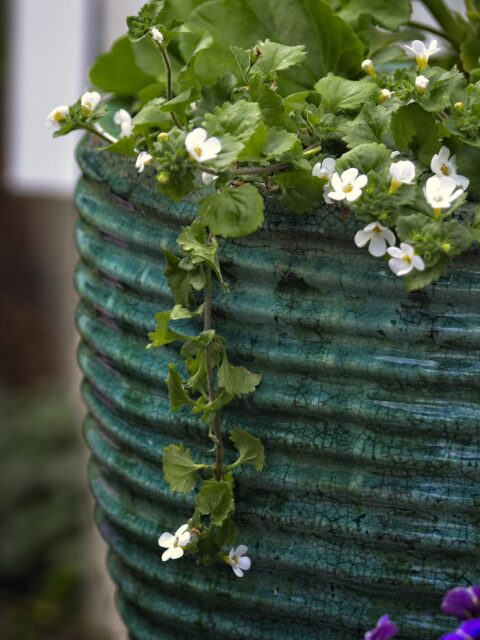Dandelion has a long history of culinary use. Dandelion leaves can be used in salads, thus providing a very good sources of minerals. While leaves are used in salads, and as a powerful removal of toxins from the body, the roots are used as a liver tonic and to make a herbal coffee.
Several species of dandelion are found throughout Europe, South America and Asia. First recordings of dandelion as a herbal remedy date back to 111th century, where dandelion was used in Arabic herbals to increase urination.
The root has a bitter taste which has a stimulating action on the digestive system. Dandelion contains vitamin A, C, K and calcium, potassium, folic acid, Vitamin B3 (Niacin), Vitamin B2 (Riboflavin), Vitamin B1 (Thiamine), magnesium, zinc, copper, selenium.
Dandelion benefits
- Detoxifies liver and gall bladder
- Deactivates excessive estrogens and toxins
- Decreases breast pain, swelling
- Natural diuretic
- Help in a treatment of diabetes, urticaria, eczema, rheumatic conditions
- Treat digestive problems such as constipation (diuretic and laxative properties)
- It has therapeutic effects on kidney
Did you know: when dried, roasted and ground like coffee, dandelion root can be used to make a tea, and dandelion flowers make a delicious wine. In magic, if this same tea is steamed and placed beside the bed, it will call spirits.
Please note: dandelion is not an ideal diuretic natural herb to be used for fibrocystic breasts.
Good to know: herbs other than dandelion that support the liver are milk thistle, beet root, celandine and burdock root.


